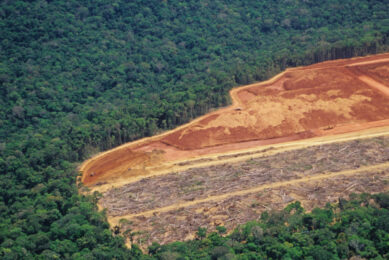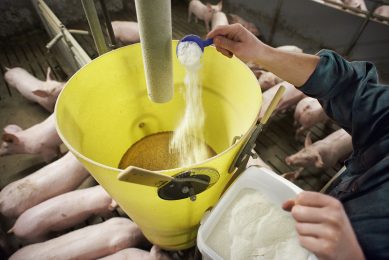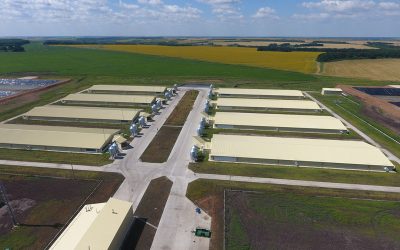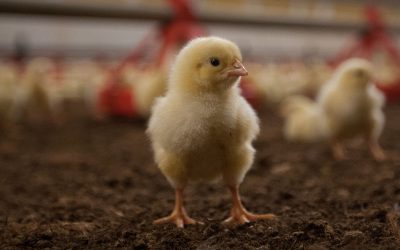AIC launches collaborative sampling for dioxins
The Agricultural Industries Confederation (AIC) has launched a collaborative sampling plan for the UK feed industry. It is designed to establish robust, representative data on background levels of dioxins in UK animal feed.
The project was established following a dioxin incident in Germany during 2010/11. As a result the EU had proposed introducing legislation for the compulsory testing of feeds for dioxins.
These proposals were opposed by AIC as disproportionate and as a result were amended. However, the European Commission has incorporated into the legislation a two-year review.
Simon Williams, Technical Manager at AIC Services says: “Although we have helped to prevent the implementation of legislation that would have been very costly for UK feed business, it is vital that we can make a strong case when it is reviewed. In order to do this we need gather a significant number of dioxin results.”
By their nature dioxin tests are expensive, so AIC, with the help of industry representatives has devised a collaborative sampling regime under the control of the UFAS scheme, and most importantly, negotiated a favourable rate with the laboratory contracted to carry out the analysis.
The cost per UFAS participant site is £135, which will be added to the SAI Global renewal fee for inspection and certification. The regime calls for just over 100 samples to be analysed per year, so not everyone will take a sample each year, but all participants will have access to the results. The fee represents approximately a third of the cost of a typical dioxin analysis, but will give access to a database which should ultimately be in excess of 200 results. This will provide a sound basis for companies to assess the dioxin risk to their business.
In addition, participants will, subject to agreement, be able to submit additional samples to the contracted laboratory for analysis at a preferential rate. The first samples will be taken during July, and the regime will run initially for two years.











